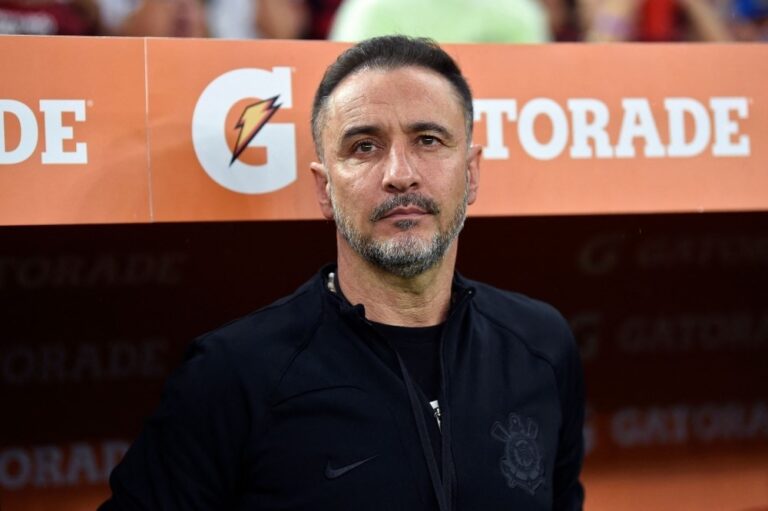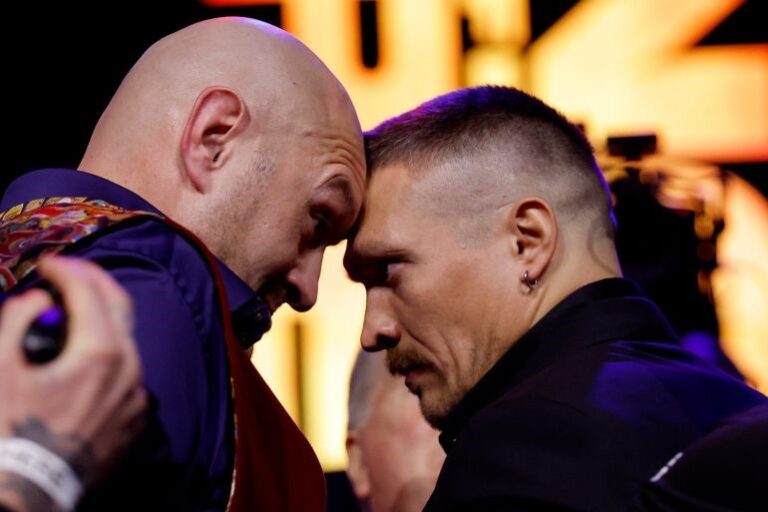Israeli Prime Minister Benjamin Netanyahu has taken the stand for the first time in his long-standing corruption trial, dismissing the allegations against him as “absurd.”
Speaking in a packed Tel Aviv courtroom on Tuesday, Netanyahu described the charges of bribery, fraud, and breach of trust as “an ocean of absurdity.” As Israel’s longest-serving prime minister, he has consistently denied any wrongdoing in the three cases brought against him.
As per the sources of Leaders, during his four-hour testimony, Netanyahu emphasized the dual pressures he faces as a defendant and as a leader managing a nation in crisis. “I have been waiting for eight years for this moment to tell the truth,” he told the three-judge panel. “But I am also a prime minister … I am leading the country through a seven-front war. And I think the two can be done in parallel.” He is set to continue his testimony on Wednesday.

Netanyahu also used the platform to criticize the Israeli media, accusing it of holding a leftist bias and targeting him due to his opposition to the establishment of a Palestinian state.
According to the sources of Leaders, outside the courthouse, dozens of protesters, including families of Israeli captives held in Gaza, gathered to voice their discontent. Critics accuse Netanyahu of prolonging Israel’s 14-month offensive on the Gaza Strip to remain in power. They also claim he is obstructing ceasefire negotiations that could lead to the release of Israeli hostages.
Israel’s ongoing assault on Gaza has resulted in the deaths of more than 44,500 people, primarily women and children, according to Palestinian health officials.
The Corruption Cases
Netanyahu’s trial, which began in 2020, involves three cases: Case 1000, Case 2000, and Case 4000.
- In Case 1000, Netanyahu is accused of accepting luxury gifts from a billionaire Hollywood producer in exchange for personal business favors.
- Case 2000 centers on allegations that Netanyahu sought regulatory benefits for media moguls in return for favorable news coverage.
- In Case 4000, the prime minister is accused of promoting regulatory decisions worth hundreds of millions of dollars to a telecommunications company in exchange for positive media attention.
Since the trial’s start, numerous prosecution witnesses, including former aides who turned state witnesses, have testified against Netanyahu. The prosecution has sought to paint him as a leader obsessed with his public image, willing to bend or break the law to enhance it.
A Strained Leadership
Netanyahu’s testimony, scheduled for six hours a day over three days a week, will demand a significant portion of his time. Critics question whether he can effectively govern a country engaged in a war on multiple fronts while fighting his legal battles.
A verdict in the trial is not expected before 2026, and Netanyahu will have the option to appeal to Israel’s Supreme Court.








